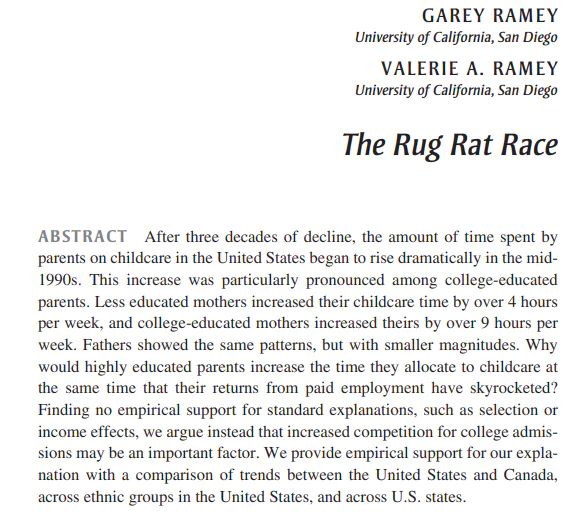
consultexperts

Asian style tiger mothers who disdain the bottom of the chain are becoming popular in the American parenting circle
The risk of cardiovascular disease is influenced by genetic factors. Fortunately, there are ways to intervene in this innate high genetic risk. Previous studies have shown that adhering to a healthy lifestyle can significantly reduce this risk.
Adhere to 4 healthy lifestyles with low risk of coronary heart disease and stroke
Adhering to four healthy lifestyles, including maintaining a healthy weight (not obese), not smoking, regular exercise, and a healthy diet, can significantly reduce the risk of coronary heart disease and stroke, regardless of high genetic risk. Among patients with high genetic risk but following a healthy lifestyle, the overall risk of coronary heart disease and stroke is lower than those with low to medium genetic risk but unhealthy lifestyle. Among all patients, those with 3-4 healthy lifestyles had a 37% and 30% lower risk of developing coronary heart disease and stroke, respectively, compared to those with only 0-1 healthy lifestyle. Patients with high genetic risk who follow a healthy lifestyle have a significantly reduced overall risk of coronary heart disease and stroke over 12 years.

Adhering to four healthy lifestyles, including maintaining a healthy weight (not obese), not smoking, regular exercise, and a healthy diet, can significantly reduce the risk of coronary heart disease and stroke, regardless of high genetic risk. Among patients with high genetic risk but following a healthy lifestyle, the overall risk of coronary heart disease and stroke is lower than those with low to medium genetic risk but unhealthy lifestyle. Among all patients, those with 3-4 healthy lifestyles had a 37% and 30% lower risk of developing coronary heart disease and stroke, respectively, compared to those with only 0-1 healthy lifestyle. Patients with high genetic risk who follow a healthy lifestyle have a significantly reduced overall risk of coronary heart disease and stroke over 12 yearsthose with low to medium genetic risk but unhealthy lifestyle. Among all patients, those with 3-4 healthy lifestyles had a 37% and 30% lower risk of developing coronary heart disease and stroke, respectively, compared to those with only 0-1 healthy lifestyle..
